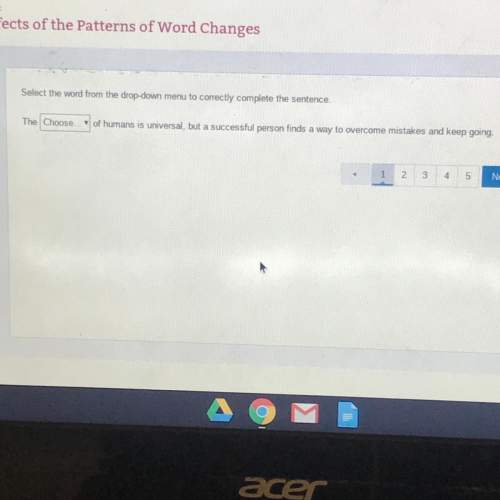
How can I create this other world outside the room? I have no choice but to appeal once again to your imagination. Let’s imagine one of the girls, say Sanaz, leaving my house and let us follow her from there to her final destination. She says her goodbyes and puts on her black robe and scarf over her orange shirt and jeans, coiling her scarf around her neck to cover her huge gold earrings. She directs wayward strands of hair under the scarf, puts her notes into her bag, straps it on over her shoulder and walks out into the hall. She pauses a moment on top of the stairs to put on thin lacy black gloves to hide her nail polish.
We follow Sanaz down the stairs, out the door and into the street. You might notice that her gait and her gestures have changed. It is in her best interest not to be seen, not be heard or noticed. She doesn’t walk upright, but bends her head towards the ground and doesn’t look at passersby. She walks quickly and with a sense of determination. The streets of Tehran and other Iranian cities are patrolled by milita, who ride in white Toyota patrols, four gun-carrying men and women, sometimes followed by a minibus. They are called the Blood of God. They patrol the streets to make sure that women like Sanaz wear their veils properly, do not wear makeup, do not walk in public with men who are not their fathers, brothers or husbands. She will pass slogans on the walls, quotations from Khomeini and a group called the Party of God: MEN WHO WEAR TIES ARE U. S. LACKEYS. VEILING IS A WOMAN’S PROTECTION. Beside the slogan is a charcoal drawing of a woman: her face is featureless and framed by a dark chador. MY SISTER, GUARD YOUR VEIL. MY BROTHER, GUARD YOUR EYES.
If she gets on a bus, the seating is segregated. She must enter through the rear door and sit in the back seats, allocated to women. Yet in taxis, which accept as many as five passengers, men and women squeezed together like sardines, as the saying goes, and the same goes with minibuses, where so many of my students complain of being harassed by bearded and God-fearing men.
You might well ask, What is Sanaz thinking as she walks the streets of Tehran? How much does this experience affect her? Most probably, she tries to distance her mind as much as possible from her surroundings. Perhaps she is thinking of her brother, or of her distant boyfriend and the time when she will meet him in Turkey. Does she compare her own situation with her mother’s when she was the same age? Is she angry that women of her mother’s generation could walk the streets freely, enjoy the company of the opposite sex, join the police force, become pilots, live under laws that were among the most progressive in the world regarding women? Does she feel humiliated by the new laws, by the fact that after the revolution, the age of marriage was lowered from eighteen to nine, that stoning became once more the punishment for adultery and prostitution?
In the course of nearly two decades, the streets have been turned into a war zone, where young women who disobeyed the rules are hurled into patrol cars, taken to jail, flogged, fined, forced to wash the toilets and humiliated, and as soon as they leave, they go back and do the same thing. Is she aware, Sanaz, of her own power? Does she realize how dangerous she can be when her every stray gesture is a disturbance to public safety? Does she think how vulnerable the Revolutionary Guards are who for over eighteen years have patrolled the streets of Tehran and have had to endure young women like herself, and those of other generations, walking, talking, showing a strand of hair just to remind them that they have not converted?
We have reached Sanaz’s house, where we will leave her on her doorstep, perhaps to confront her brother on the other side and to think in her heart of her boyfriend.
These girls, my girls, had both a real history and a fabricated one. Although they came from very different backgrounds, the regime that ruled them had tried to make their personal identities and histories irrelevant. They were never free of the regime’s definition of them as Muslim women.
Which best describes the author’s purpose in writing Reading Lolita in Tehran

Answers: 1
Another question on English

English, 21.06.2019 22:30
There are six red marbles 4 blue marbles and 15 green marbles in a jar if you reach in and randomly draw one what is the probability that it will choose a red marble
Answers: 2

English, 22.06.2019 02:30
When trisha saw the boys on the stage she exclaimed finally a group of students who can act
Answers: 3

English, 22.06.2019 04:00
Which sentence has the correct subject-verb agreement? most storms occurs at this time of year due to weather patterns. most storms occur at this time of year due to weather patterns.
Answers: 2

English, 22.06.2019 16:30
Why do brutus and antony speak to the crowd in act lll scene ii of julius caesar
Answers: 1
You know the right answer?
How can I create this other world outside the room? I have no choice but to appeal once again to you...
Questions























